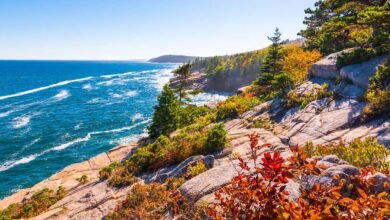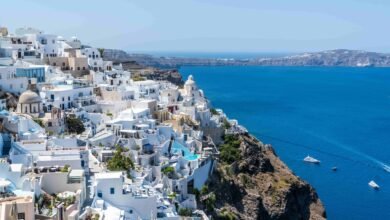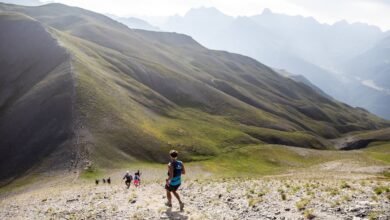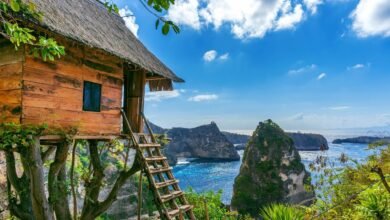Introduction to Hispaniola Island
-
A Brief Overview of Hispaniola
Welcome to the magic that is Hispaniola! The second-largest island in the Caribbean, Hispaniola is a blend of cultures, histories, and natural beauty Visit. Divided into two countries—the Dominican Republic and Haiti—each boasts a unique identity.
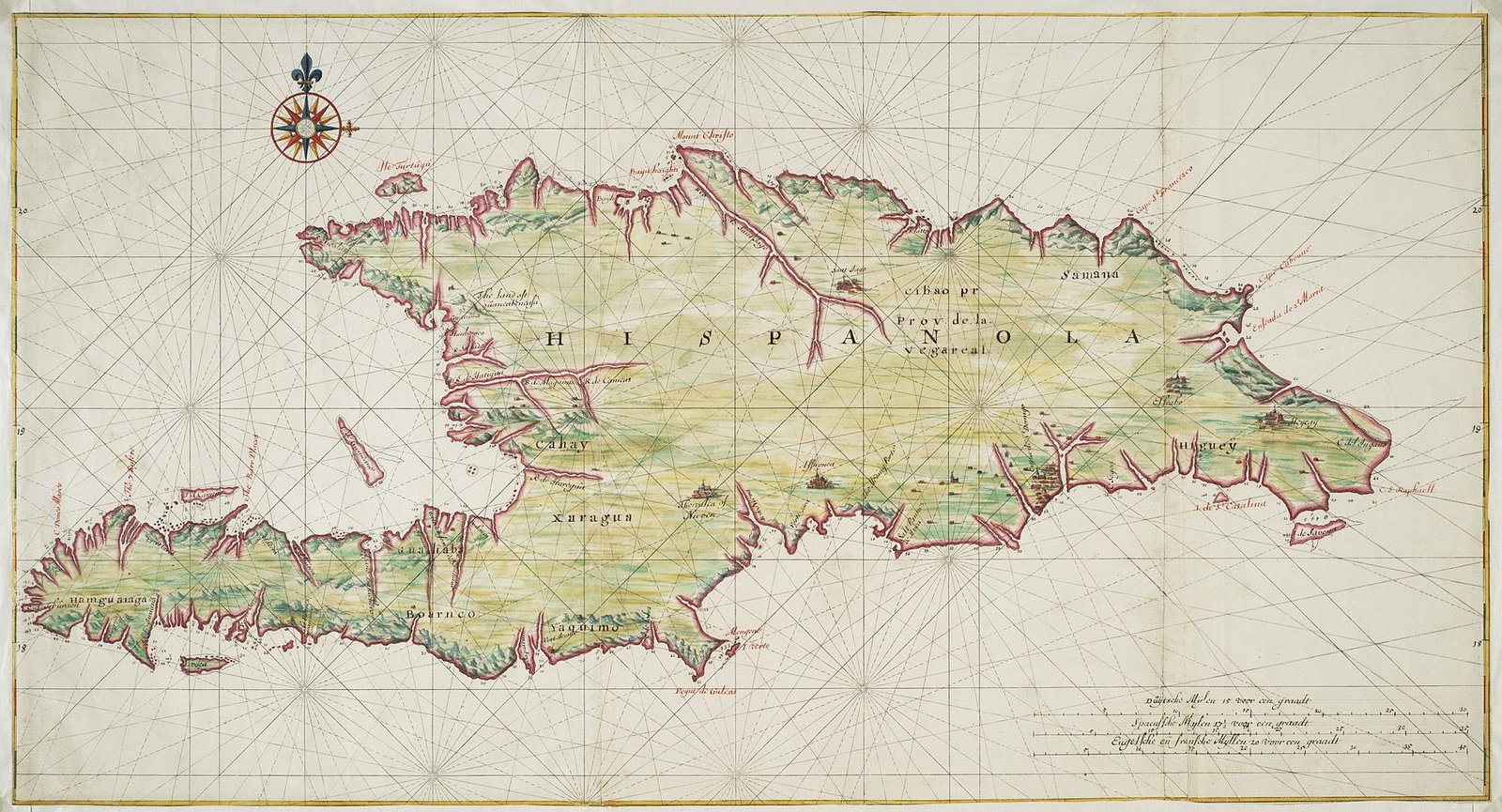
-
Geographical Location and Landscape
Lying in the heart of the Caribbean, Hispaniola boasts a diverse landscape filled with majestic mountains, serene valleys, breathtaking beaches, and tropical forests, inviting adventure at every turn.
History and Cultural Heritage of Hispaniola
-
Pre-Colonial Era
Before the exploration, Hispaniola Island was inhabited by Taino tribes who lived peacefully and had strong connections with the land and sea. Their impact on the island’s history and culture remains significant.
-
Colonial Times
Hispaniola’s history took a turn with Christopher Columbus’s arrival in 1492, marking the start of colonial rule. This period brought significant changes, leaving behind architectural marvels that are admired today.
-
Post-Colonial Developments
Hispaniola ISland was divided into international locations within the nineteenth century: the Dominican Republic and Haiti. Progress turned into made in politics, society, and tradition at some point in this time.
Countries of Hispaniola: A Comparative Study
Dominican Republic
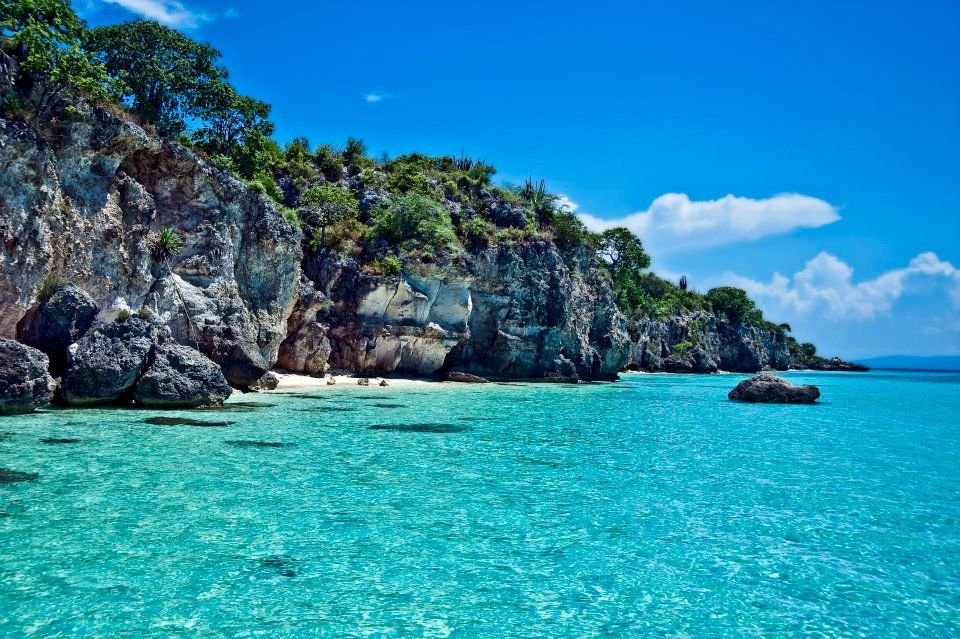
-
Economy
With a diverse economy, the Dominican Republic thrives on industries like tourism, agriculture, mining, and manufacturing. But have you ever savoured Dominican coffee or cocoa? They’re world-renowned!
-
Culture
Culture in the Dominican Republic is a colourful tapestry of Taino, African, and European influences. Have you heard Merengue music? It originated here!
Haiti
-
Economy
Haiti’s economy relies on agriculture, manufacturing, remittances, and renowned rum production.
-
Culture
Haiti’s rich culture is evident in its vibrant arts scene, cuisine, and unique Voodoo tradition. Have you seen a Haitian painting? Its vibrancy and symbolism are mesmerizing!
Natural Beauty and Landmarks
-
Exquisite Landscapes
Hispaniola’s landscapes are a nature lover’s paradise, from the lush Dominican highlands to the rugged beauty of Haiti’s coastline. Can you imagine the view from the top of Is Pico Duarte, the highest peak in the Caribbean?
-
Breathtaking Beaches
The sandy beaches of Hispaniola Island, fringed by azure waters, are heavenly! Ever thought about lounging under a palm tree on Punta Cana beach?
-
Historical Landmarks
From colonial architecture in Santo Domingo to the Citadelle Laferrière in Haiti, the island’s historical landmarks speak volumes about its past. How would it feel to walk in the footsteps of the island’s forebears?
Tourism on Hispaniola Island
-
Tourism in the Dominican Republic
The Dominican Republic is a tourist favourite for its resorts, golf courses, and vibrant nightlife. How enticing does an all-inclusive vacation in Punta Cana sound?
-
Tourism in Haiti
Despite challenges, Haiti’s rich culture, art, and historical sites offer a unique experience for the intrepid traveller. Ever considered exploring the undisturbed beauty of Haiti’s hidden gems?
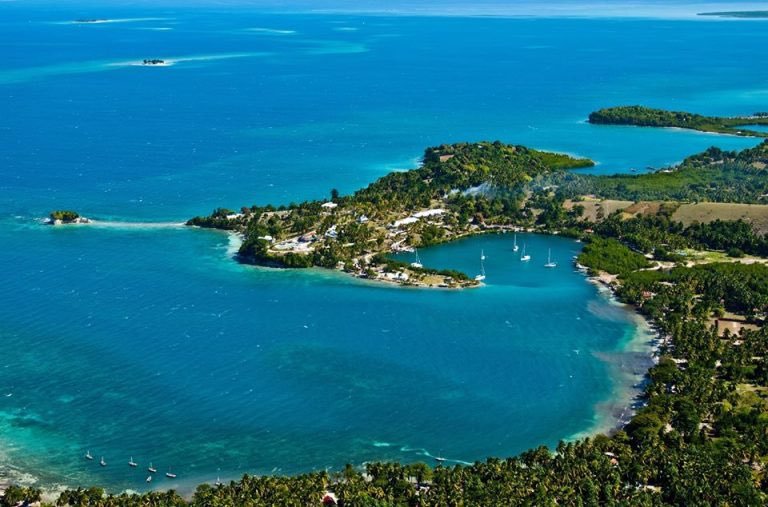
Conclusion
In summary, Hispaniola Island is a land of contrasts and cultural fusion. Its historical past, diverse cultures, and striking natural beauty make it a compelling destination. Are you ready to embark on a journey of discovery across this Caribbean gem?
FAQs (Frequently Asked Questions)
What is the best time to visit Hispaniola?
For optimal weather conditions, planning your visit between December and April is recommended.
What are the must-visit places on Hispaniola Island?
Must-go to locations encompass Santo Domingo, Punta Cana, Port-au-Prince, and the Citadelle Laferrière.
Is Hispaniola Island safe for tourists?
While the Dominican Republic is generally safe for tourists, travellers to Haiti are advised to exercise caution due to some political instability.
What unique experiences does Hispaniola offer?
Unique experiences include exploring historical sites, indulging in local cuisine, diving into clear waters, and engaging in local festivals and music.
Rate UsRate Us



